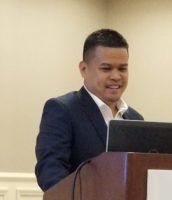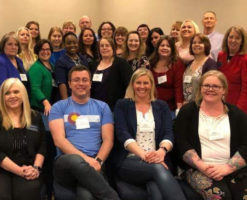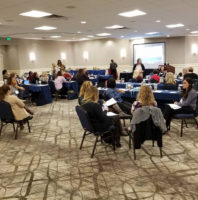
Employment of paralegals and legal assistants is projected to grow 15 percent from 2016 to 2026, much faster than the average for all occupations. Formally trained paralegals with strong computer and database management skills should have the best job prospects.

Corporate Paralegal, Elder Law Paralegal, Family Law Paralegal, Immigration Paralegal, Labor and Employment Paralegal, Litigation Paralegal, Paralegal, Patent Paralegal, Probate Paralegal, Real Estate Paralegal, Trademark Paralegal

Paralegal education – enhancing your skills – CLE is Continuing Legal Education. CLE encompasses programs designed for legal professionals, covering topics in substantive areas of law; technology programs used specifically by legal practitioners, such as legal research programs; education on programs designed to assist legal professionals, such as document manage;, as well as the basics such as research, court rules and updates, recent legal decisions, writing skills and ethics. Nearly every continuing education program designed for an attorney can be taken by a paralegal, with the possible exception of topics limited to licensed attorneys, such as “How to Cross Examine a Hostile Witness”, although such topics are often of interest to senior paralegals who assist at trial.

The National Federation of Paralegal Associations, Inc., promotes a global presence for the paralegal profession and leadership in the legal community.
NFPA prides itself on the professionalism of its members and routinely monitors legislation, case law, proposed changes to the rules of responsibility and ethics opinions that affect the paralegal profession.
As defined by the National Federation of Paralegal Associations, a Paralegal is a person, qualified through education, training or work experience to perform substantive legal work that requires knowledge of legal concepts and is customarily, but not exclusively, performed by a lawyer. This person may be retained or employed by a lawyer, law office, governmental agency or other entity or may be authorized by administrative, statutory or court authority to perform this work. Substantive shall mean work requiring recognition, evaluation, organization, analysis, and communication of relevant facts and legal concepts.

Paralegals can receive education from paralegal programs offered at two-year and four-year colleges or universities. Proprietary schools generally award post-baccalaureate certificates. NFPA’s findings indicate 85% of all paralegals receive some formal paralegal education. Paralegal education programs offer degrees and/or certificates.
There are a wide variety of jobs which can be classified as paralegal work.
NFPA recognizes that a two-year degree with an emphasis in paralegal studies is acceptable to employers in some markets as a minimum criterion for individuals to enter the paralegal profession. However, current trends across the country, as illustrated through various surveys, indicate that formal paralegal education has become a requirement to secure paralegal employment, and a four-year degree is the hiring standard in many markets. Consequently, NFPA recommends that future practitioners should have a four-year degree to enter the profession, and individuals receiving a formal paralegal education should have 24 semester hours or the equivalent of legal specialty courses to enhance their ability to practice as paralegals.